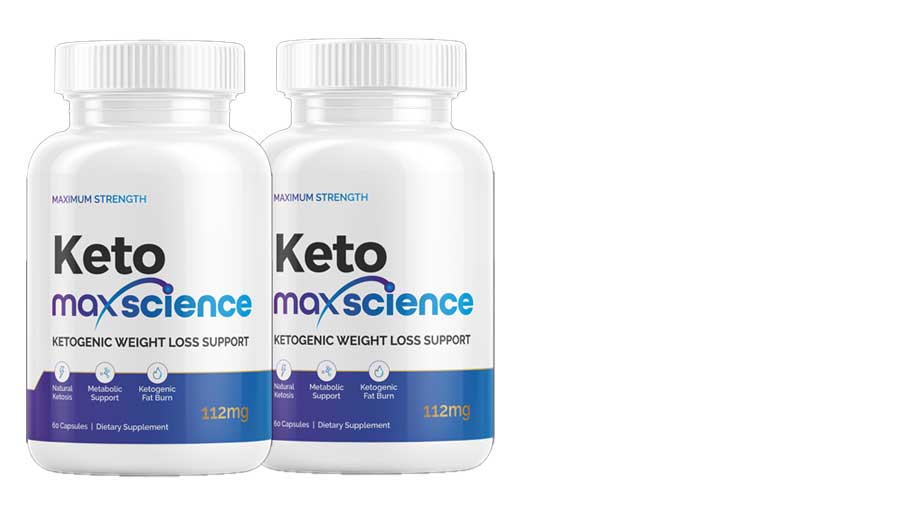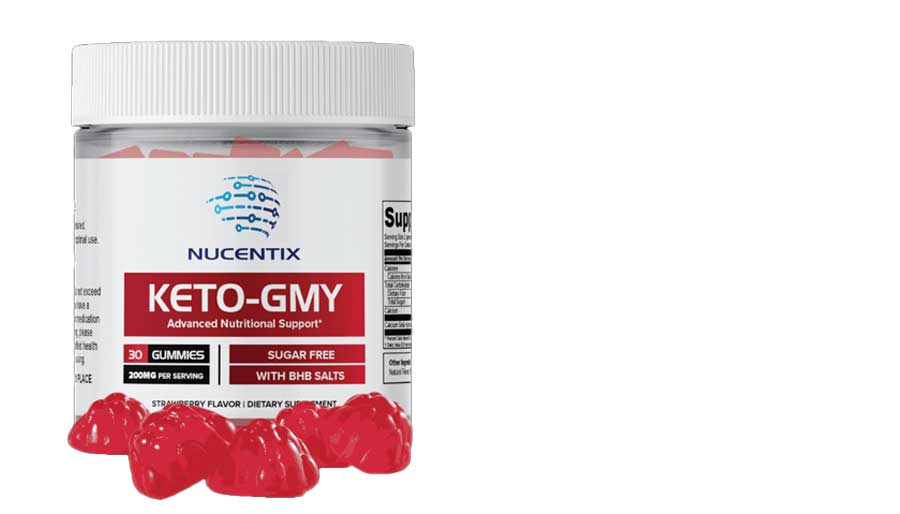
Marketers often refer to clinical studies to try and give you “proof” and make you feel confident that a particular product or ingredient will work as stated. They know that normal people are unlikely to read through these references to uncover that the study may have been tiny, or that many people dropped out, or that only healthy women 25-40 were tested etc etc making the results unreliable.
So here at Does It Work?™ we’ve sought to make it quick and easy to understand the reliability of those tests, and thus the reliability of the product.
Clinical trial sizes can vary depending on a number of factors, including the nature of the intervention, the expected effects, the level of statistical power desired, and the population being studied. Also, let’s not forget that the motivation of the tester to highlight particular outcomes for a paying client is a big one as well.
Generally the larger the study, the better. What we want is proof that a particular intervention is effective for a particular outcome across multiple demographics (gender, age, ethnicity etc) and existing conditions.
Here’s the general guidelines for trial sizes that we’ve used to assign to our Supplement Briefs. Our purpose here is to provide a quick visual of the level of confidence we attribute to the testing on any ingredient.
It’s important to note that these definitions can vary depending on the specific context of the study. Additionally, the sample size required for a study depends on the research question, the variability of the outcome, and the desired level of statistical power.


